Our Hygge Approach
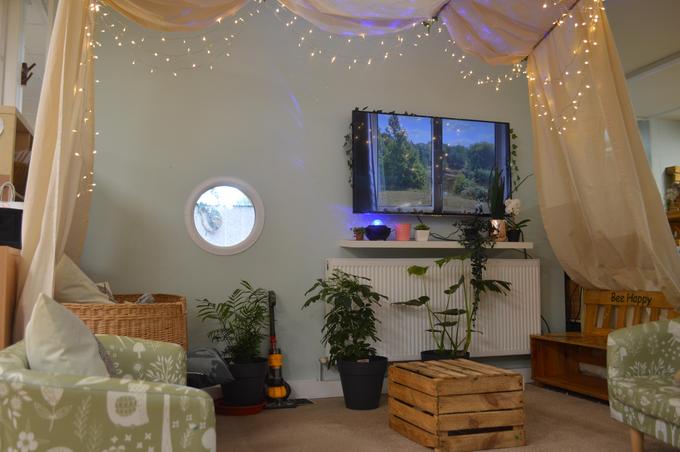
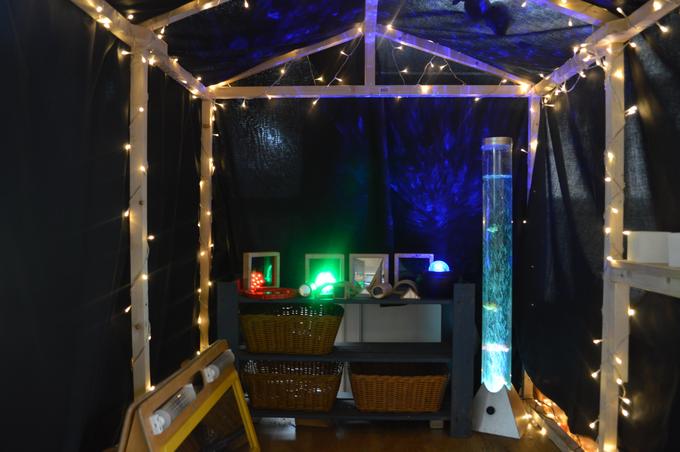
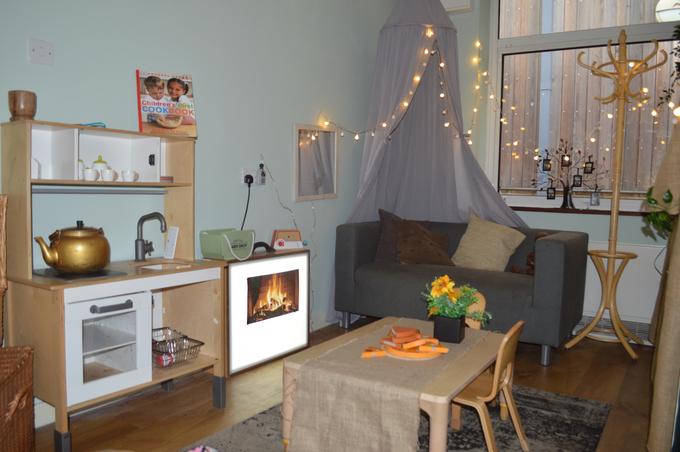
Hygee in the Early Years
We are proud of our approach to learning where we have implemented and adapted the Hygge principles to Early Years education in our Phase 1 and 2 learning environments. The concept of 'Hygge' (which can be pronounced hue-guh) doesn't have a direct translation into English but is about embracing the simple moments in life with such joy and appreciation and can be felt. Whether it be a meal at home with good friends, playing board games or taking time to enjoy a sunny but cold woodland walk. In Denmark and other Scandinavian countries, it is seen as the pathway for happiness and good mental health. The Hygge approach can be summarised as promoting the following principles:
• Atmosphere – Creating a calm environment
• Presence – Living in the moment
• Pleasure – It should be fun, enjoyable and bring great happiness
• Equality – No one is better than anyone else
• Togetherness – Spend time with people you care about and those that make you smile
• Gratitude – Take time to reflect on what you are grateful for
• Harmony – Life is not a competition
• Truce – No need for arguments
• Comfort – Relax, wear fluffy socks and be cosy
• Shelter – Your home is important
(Taken from ‘The Little Book of Hygee’ by Meik Wiking)
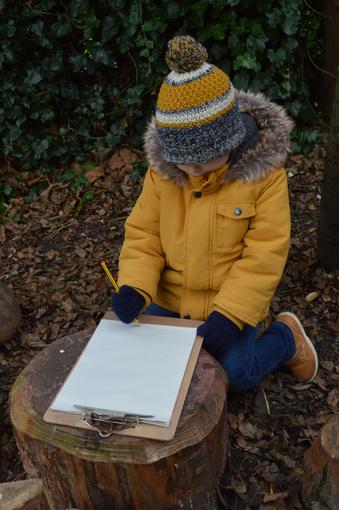

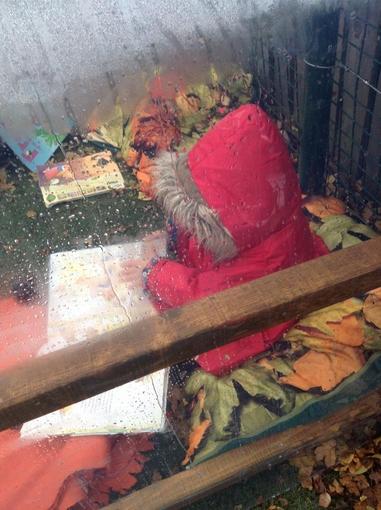
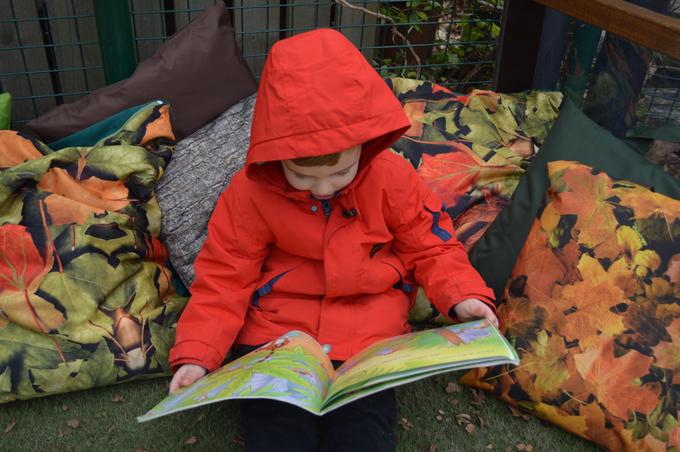
Every morning our day begins with 'Toast, Talk and Tales'. This is a time of togetherness, allowing children to talk about their feelings and begin their day with an enjoyable family experience with their homegroup teachers.
We teach our children to respect and appreciate the natural world, spending most of our time outdoors, observing and taking care of our environment. The children then explore the environment both inside and outside and take part in some adult led activities. These often include cooking, nature walks and exploring collections. Essential to our Hygee approach is a focus on appreciating nature and the world around us.
As a school we are currently working towards the Hygee in the Early Years accreditation.
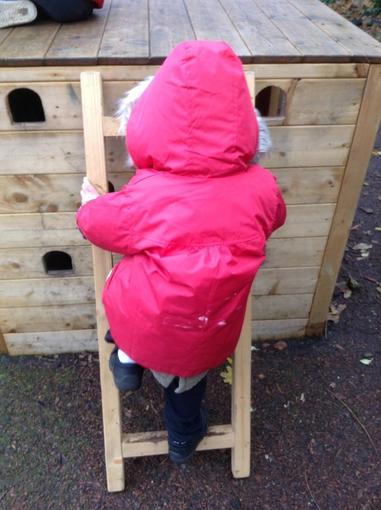
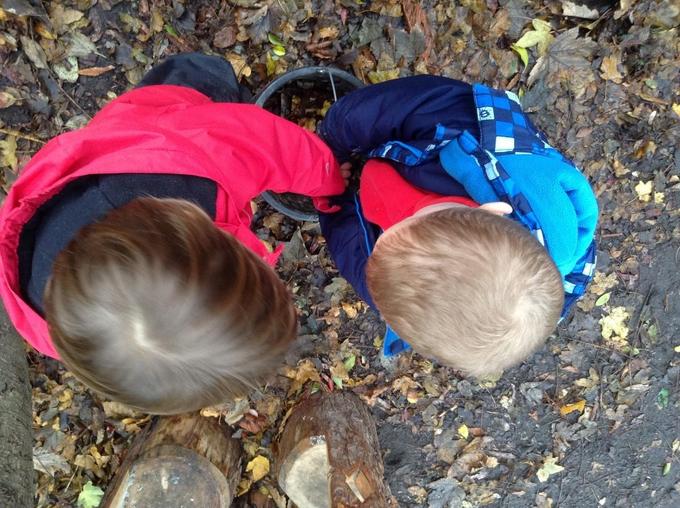
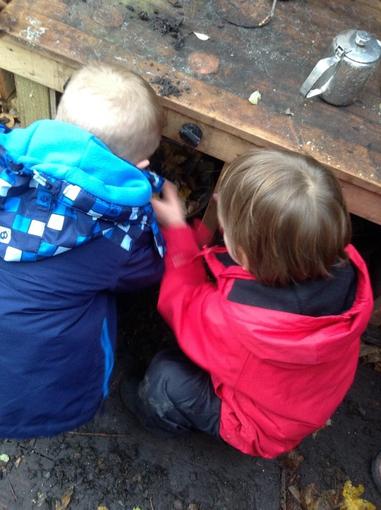
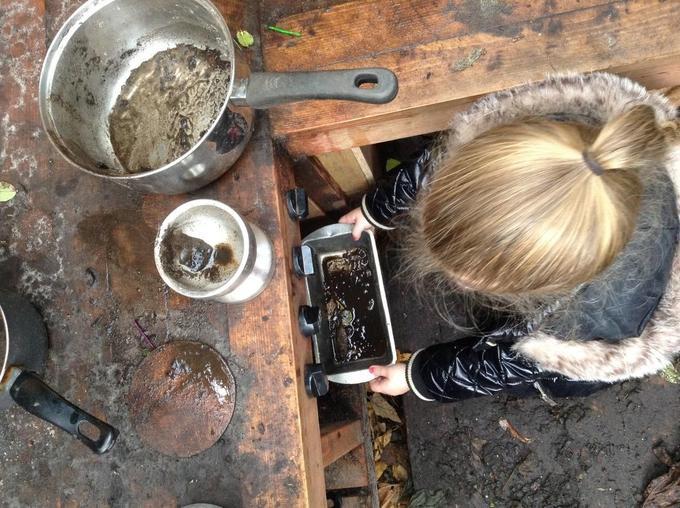
The EYFS learning spaces are carefully planned and organised to be neutral, engaging and calm to allow children to explore and learn securely and safely through natural and real resources. They are also designed to ignite children’s curiosity and wonder about the natural world around them. There are areas where the children can be active, be quiet and rest, and areas where the children can express themselves and explore the world around them with their peers. The learning spaces are set up in learning areas, where children are able to find and locate equipment and resources independently.
The key principles embedded within our careful planning of our learning environments are:
- To ensure we build on the Hygge approach by creating a sense of family and home from home within Phase 1 and 2.
- Our ‘hygge’ approach teaches children about gratitude, appreciation and finding joy in the simple things in our everyday life experiences.
- Modelling and promoting work/life balance for staff and ensuring that mental health and well-being are a priority for all of the Barons Court community.
- Ensuring that the school community enjoy the simple things every day.
- Ensuring the environment is calm, natural and cosy, enabling strong learning behaviours, a feeling of safety, security, belonging and consistency.
- Ensuring we grow our own produce to make creations with and share with the local community.
- Forest School provision based on the Wanderlust child’s nature study is strongly embedded within all of our learning spaces.
- Ensuring we use natural and simple resources, protecting the environment and removing plastic!
The Phase 1 and Phase 2 learning spaces also have their own enclosed outdoor areas. This has a positive effect on the children’s development and provides opportunities for children to explore the natural outdoor environment and complete tasks in different ways and on different scales than when indoors. They also have supervised access to the Crescent Corner (the school’s Outdoor Learning environment). We strongly believe that being outside offers the children opportunities to explore, use their senses and be physically active and exuberant. The children are encouraged to have free access to all areas of the EYFS and to make their own decisions on where their learning takes place. Each learning space team consists of at least three members of staff present at all times to allow continual access of all learning areas throughout the day. Staff monitor the ratio of children within each area and adjust levels of adult supervision appropriately. Activities are planned to make use of all learning areas and are provided to meet all seven areas of learning and development, alongside continuous provision resources.
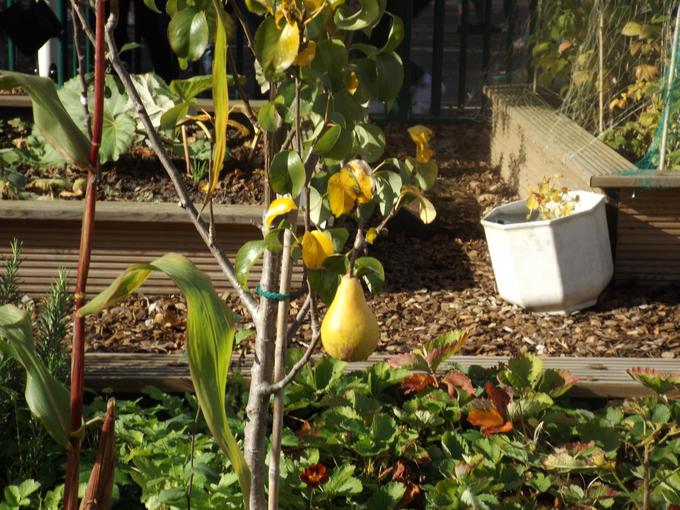
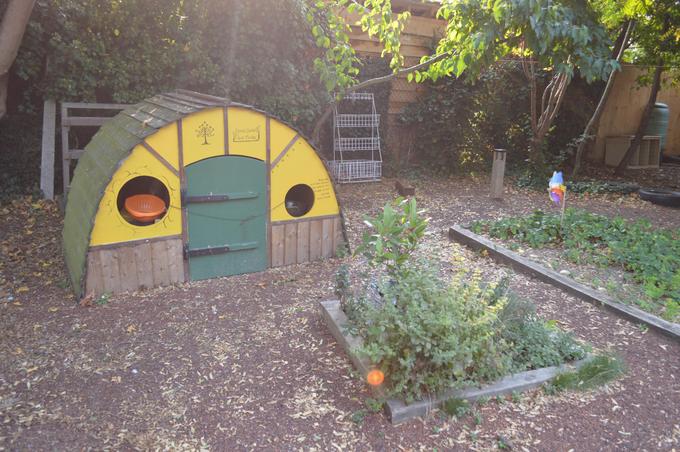
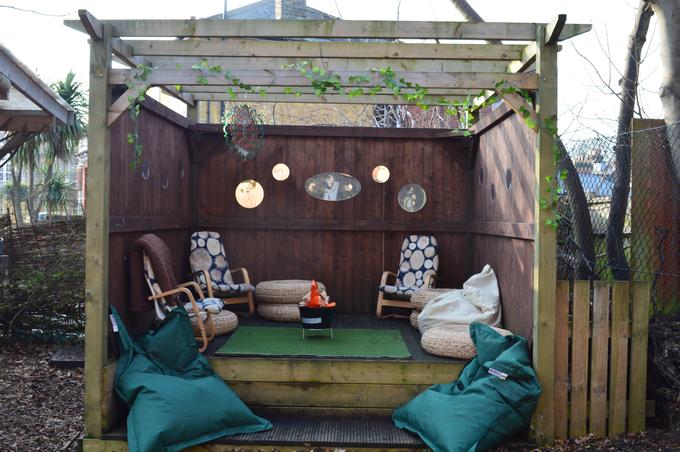
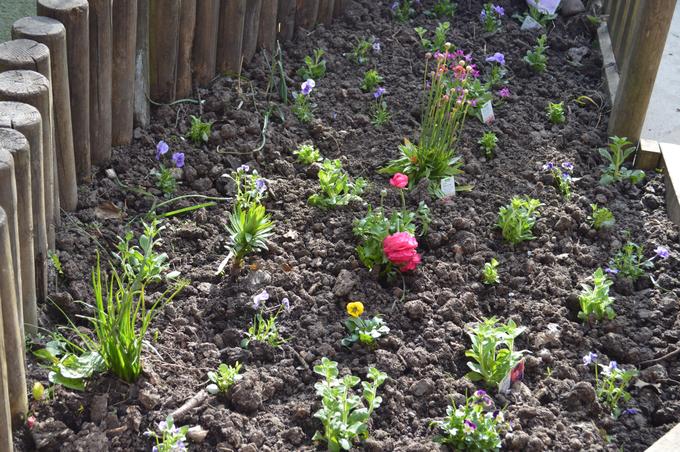
 Skip to main content
Skip to main content
